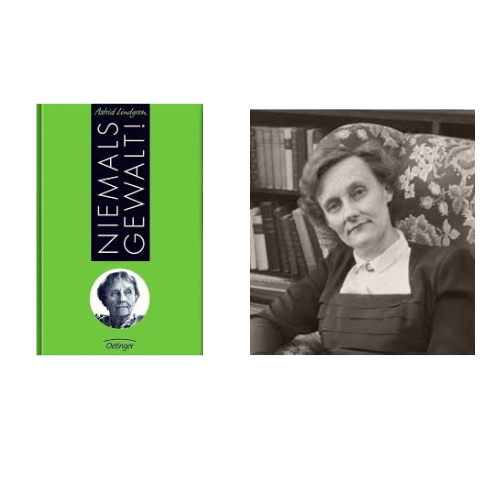The meeting, attended by 34 participants, began with an introduction to the Danube Networkers and the ActionBound project, followed by a reading of Niemals Gewalt to set the stage for discussions on peace and unrest. A brainstorming session explored these concepts before participants were divided into three breakout groups.
Group A discussed definitions of peace, emphasizing both physical and psychological aspects. They debated the role of childhood education in shaping attitudes toward violence, citing Pippi Longstocking as an example of self-determination. The group also explored factors that disrupt peace, such as communication breakdowns, bullying, and online harassment.
Group B examined whether violence is inherent in human nature or learned. Some participants argued that while humans have instinctive aggression, education and social norms play a crucial role in fostering nonviolence. The group discussed how critical thinking and discipline help counteract violent tendencies and promote cooperation.
Group C focused on how education can nurture nonviolence. They highlighted the importance of patience, emotional support, and strong role models. The group also identified obstacles, including rigid educational structures and early exposure to social pressures, recommending more empathy-driven learning and limited social media for young children.
After reconvening, each group presented their findings. Discussions emphasized how peace, violence, and education are interconnected, with institutional and personal influences playing key roles. The session concluded with an introduction to ActionBound and sustainability discussions. Participants were tasked with identifying local initiatives supporting sustainability goals for future project work.
In closing, attendees expressed appreciation for the exchange of diverse perspectives and noted the importance of open discussions on violence and peace. The next session in two weeks will introduce Zoom and ViMA to support further collaboration.


